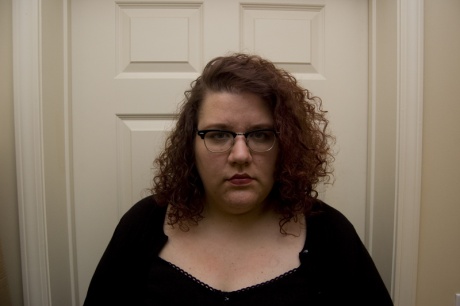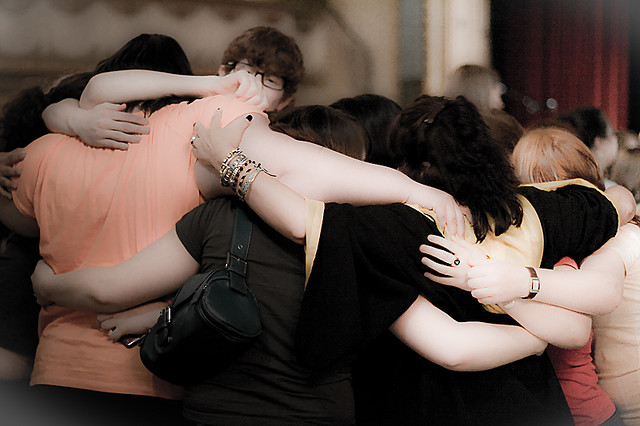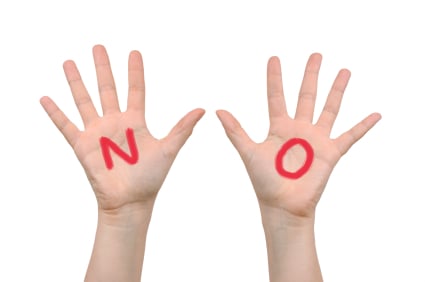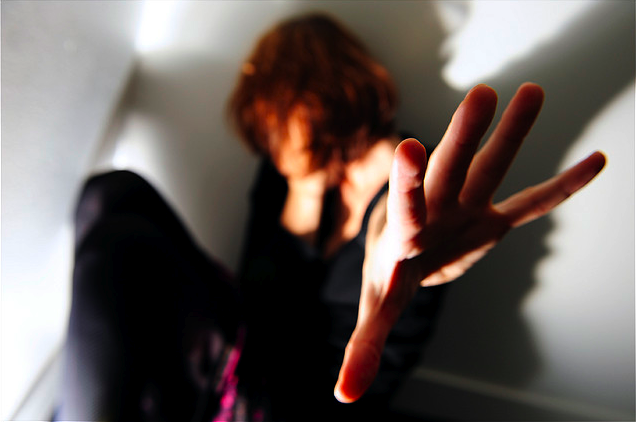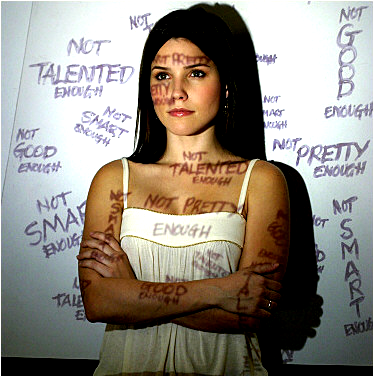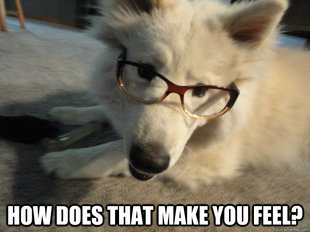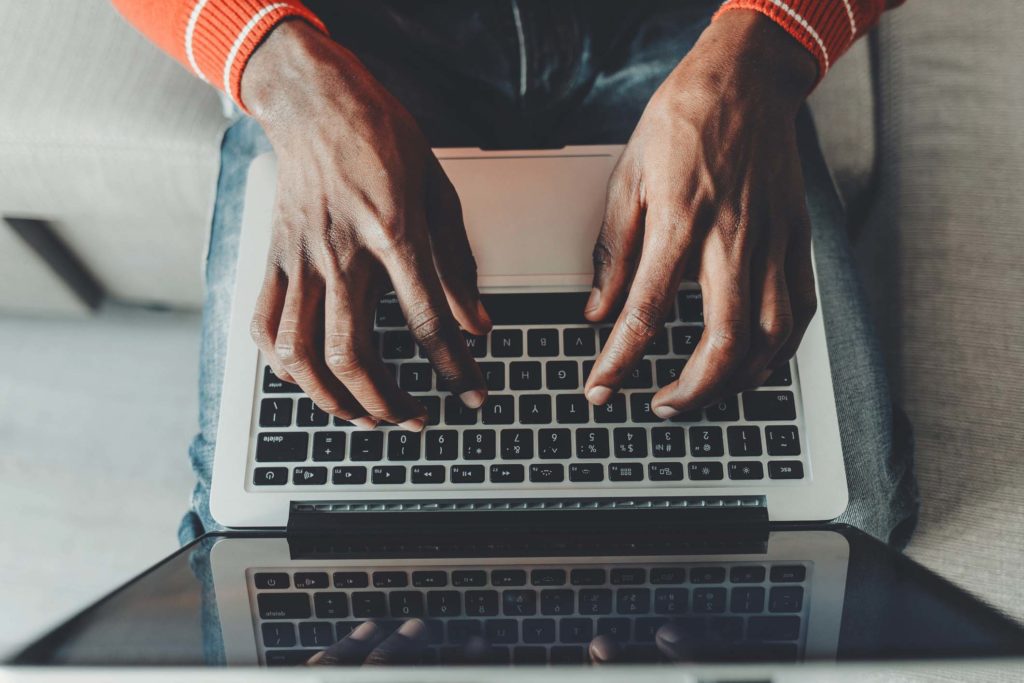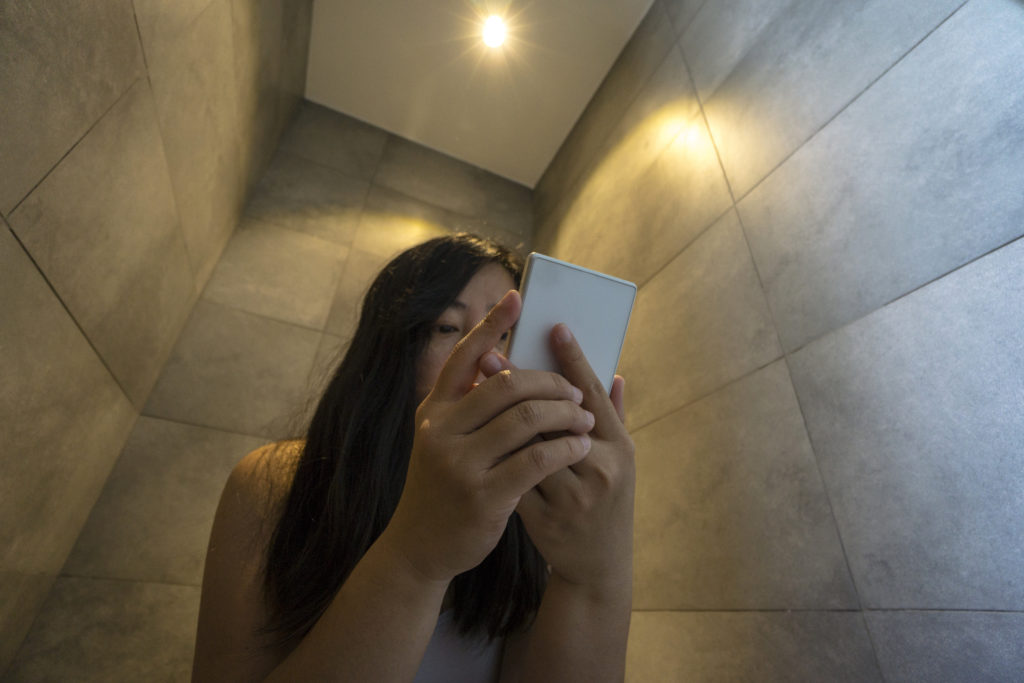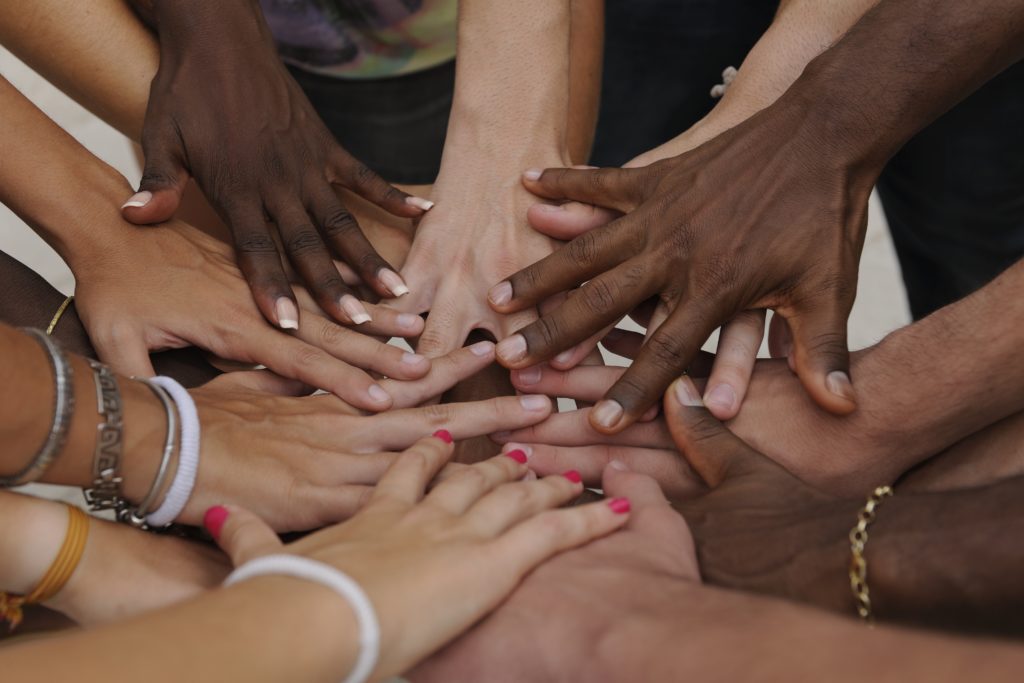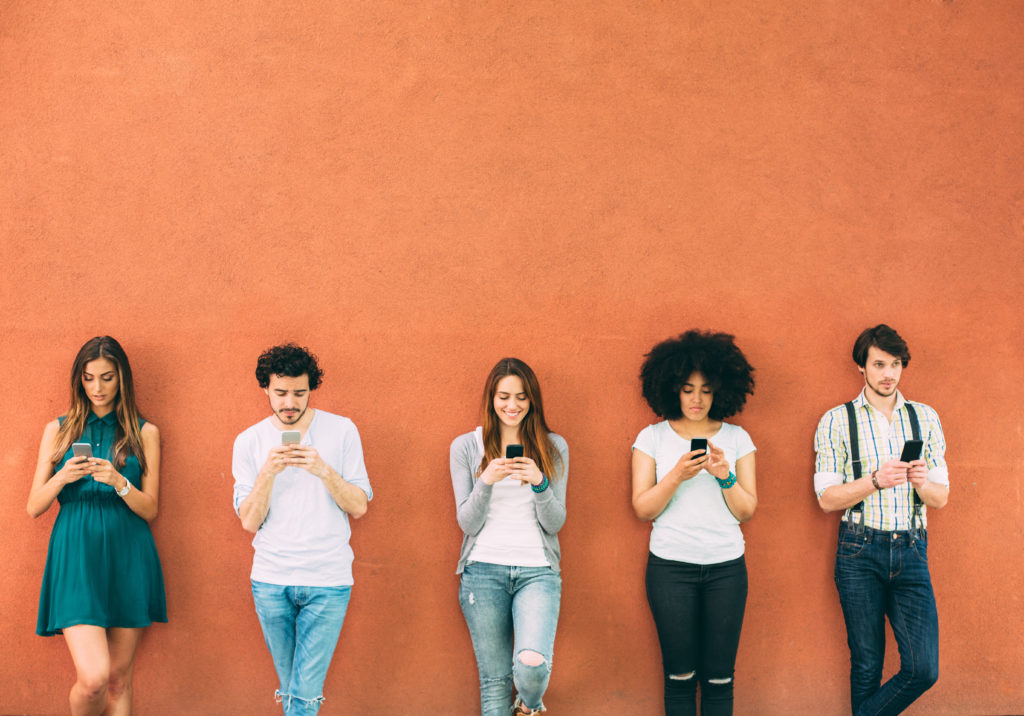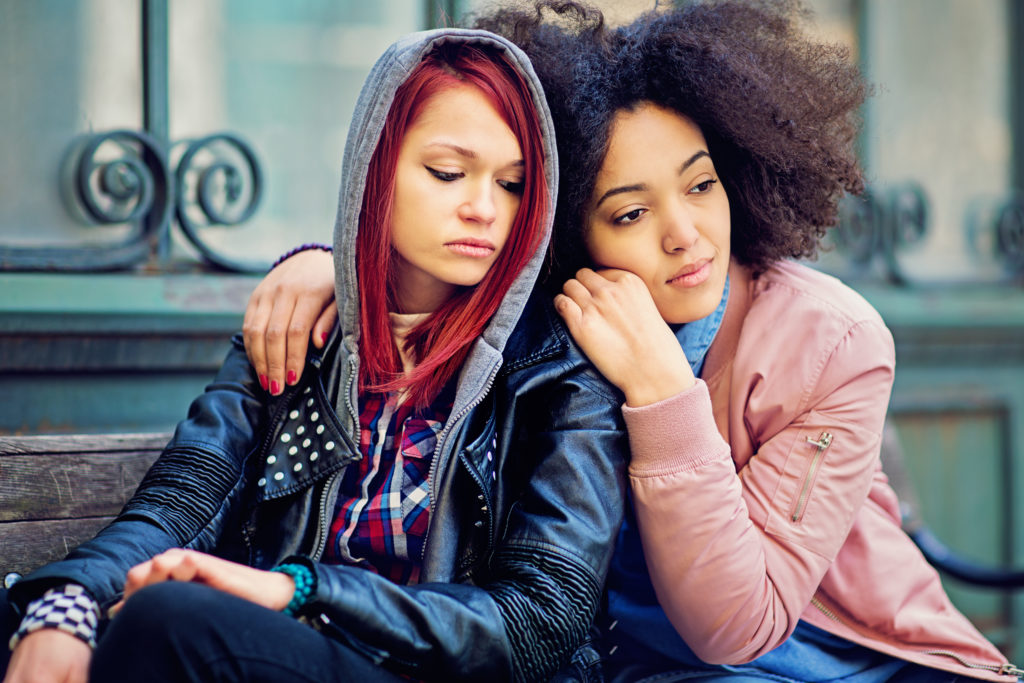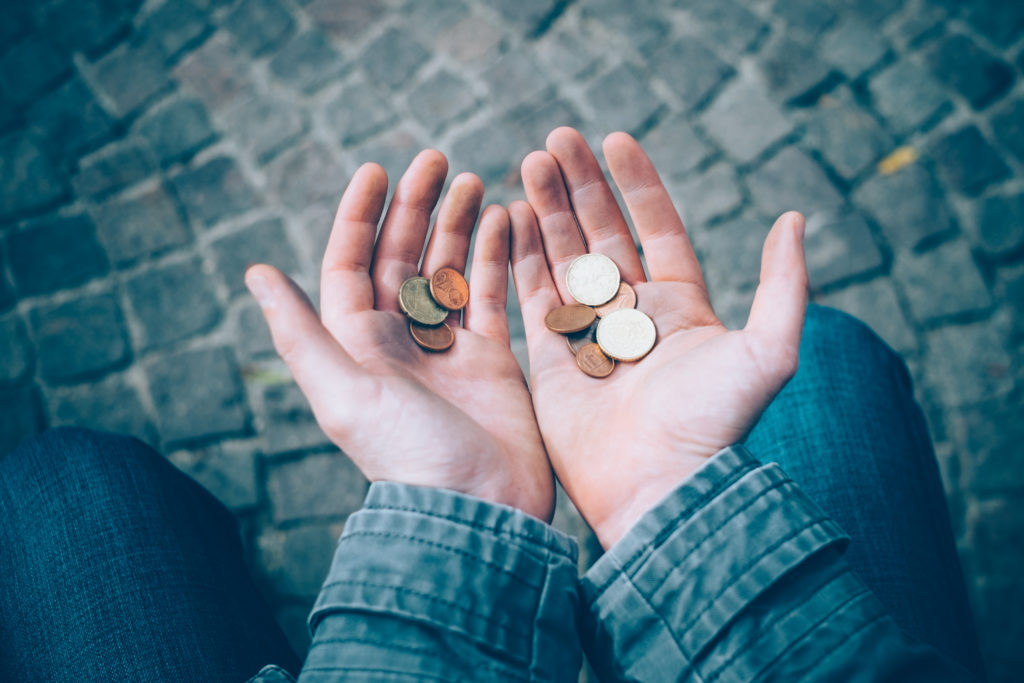Search results for: self-care
I’m A Victim-Blamer (But Only When The Victim Was Me)!
I was groped at work by a woman. My immediate response was to pretend it never happened. My solution was to hold myself responsible and try to “learn from the experience” and “do better in the future.” If that’s how I handled a minor transgression, what must the cultural shame for a major one feel like? But the truth is, she never should have groped me. And I still have trouble believing that.
Read MoreThe Power of Love When Healing from Trauma
Most of us have survived a trauma but as a society, we’re more often at a loss when it comes to learning how to heal from it. Most of us don’t want to lead our lives with trauma-related feelings of fear, mistrust, and isolation. So what’s the alternative? Love – the simple act of relating to another human and telling a trustworthy person about our experiences can be curative.
Read MoreWhy It Can Be Hard To Say “No” And How To Do It Anyways
Just say “no” – it’s easy to say, difficult to do. We’ve been socialized to value other people’s needs and feelings, often more than our own. So much so that many of us have a hard time knowing what we feel and want in any given situation. But the beauty of having a firm “no” is that it allows you to say “yes” to the things you do want in your life. So here’s some tips on how to say “no.”
Read MoreHow I Survived Domestic Violence
People who don’t know I’m a survivor of domestic violence may be shocked. I’m a strong, loud-mouthed woman and a proud feminist. How could this happen to me? And yet to my horror, it did. Domestic violence can strike any of us. If you are being abused by your intimate partner, remember that you deserve better. You deserve love and respect. We all do. (Trigger Warning)
Read MoreDon’t Tell Me To Just Get Over It
People usually tell me to “get over it” when I’m being vulnerable, insecure, or afraid. They think you shouldn’t bother or aren’t interested in your feelings. “Get over it” is a cruel phrase. It means, “Not only do I not care about how you feel, if you were smarter, you wouldn’t care either.”
Read MoreThe Approval of Men
The other day a man wrote to me to tell me that I shouldn’t worry—I’m not that ugly, men don’t care. Thanks (not really), but that’s not the point. My disappointment with my appearance, and the squirming, insistent anxiety that I didn’t look right, I didn’t look good enough—those things felt bigger than men.
Read MoreYes, Boys Do Get Negatively Influenced by the Media and What You As a Parent Can Do to Help
We don’t talk about it as much but our sons are also being negatively affected by media, especially when they don’t meet its often unrealistic expectations of what “being manly” means.
Read MoreHow the Media Affects Your Daughter and What You Can Do to Help
You know at times the media portrays girls and women in a less than positive light—as sexual objects, victims, or the lesser half of a romantic relationship. But how do you help her not believe them for herself?
Read MoreGoing To Therapy Even Though People Don’t Believe in Depression or Shrinks
Many people who suffer from depression feel stigmatized for it. But depression is as real as broken bones and can be treated with therapy – if you learn to let it.
Read MoreConfessions of a Perfectionist
I bet a lot of people are wondering why feminism can be used to address perfectionism. It’s not the most obvious connection. But believe me, it can.
Read More5 Ways to Rebuild And Love Yourself After An Emotionally Abusive Relationship
If I could describe the impact and aftermath of emotional abuse in one word, it would be invisible. Emotional abuse may leave no physical marks, but the depth of the scars and the weight of the pain creates a burden that people can’t see—or don’t want to. According to Psychology Today’s Andrea Matthews, emotionally abusive…
Read MoreWomen DJs Provide Us With Great Music — We Need to Make Sure Clubs Treat Them Fairly.
Though we’ve seen a push in the industry to diversify DJ lineups in the last few years, historically women and marginalized communities have a harder time making headway in the field.
Read MoreBecause Words Matter: Feminist Editors Share How They Make Their Style Guides Less Oppressive
We need to be thoughtful and critical about the decisions that are made and demand that writers, editors and publications use language in a way that is responsible and non-oppressive.
Read MoreSocial Media Has Its Pitfalls But You Can Use It For Positive Change—Here’s How
Every time I speak up and share people reach out to me; they let me know that they feel empowered to share their own story.
Read MoreDo You Have A Social Media Addiction? Here’s How You Can Heal
I have a family history of drug and alcohol addiction and overcame an eating disorder that was rooted in the same constant desire for control, so it was actually painful to think of my social media habits as toxic and addictive.
Read More5 Transformative Justice Experts On What We Should Do With ‘Sexual Predators’ In Our Communities
There is no one way to do TJ — it looks different because communities are different, geography is different, violence is different
Read MoreI’m An Activist. Am I Allowed to Unplug From the Internet?
We’re allowed to unplug from the Internet and take a step back from social media—and not just during times when we’re already feeling fatigue and burnout.
Read MoreWhat Can Laughter Do For Social Justice?
Laughter can be used as a way for the marginalized to reclaim power while engendering a crucial dialogue around social justice.
Read More9 Toxic Relationship Habits We Mistake as Healthy
Sometimes, the relationship habits that we romanticize or consider to be ‘normal’ can actually be damaging and unhealthy.
Read MoreWhat The Poor Won’t Tell You
Poor people are forced by society to justify our existence. If we fit in with the stereotypes and poverty myths, we’re screwed. If we don’t, we’re also screwed.
Read More

